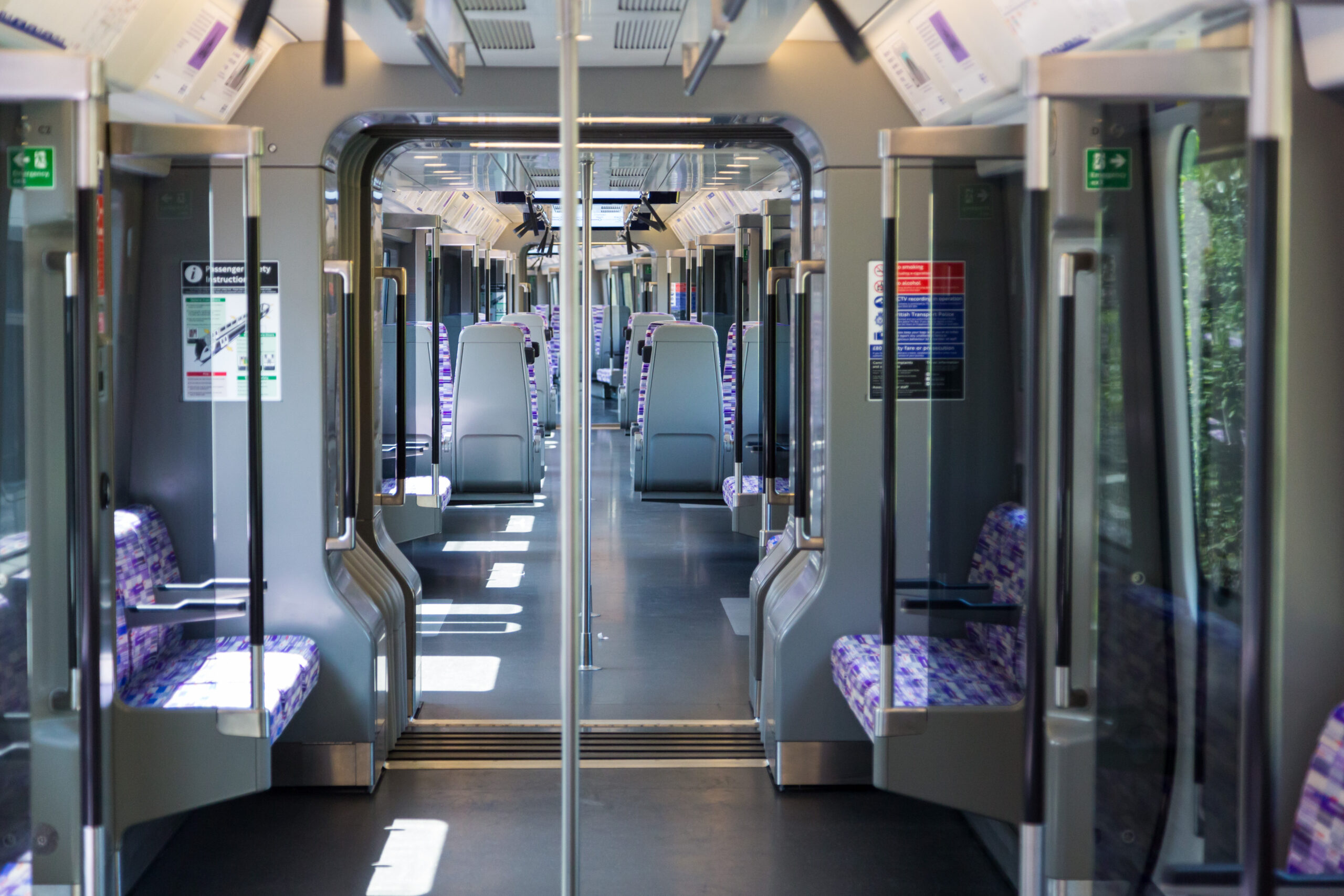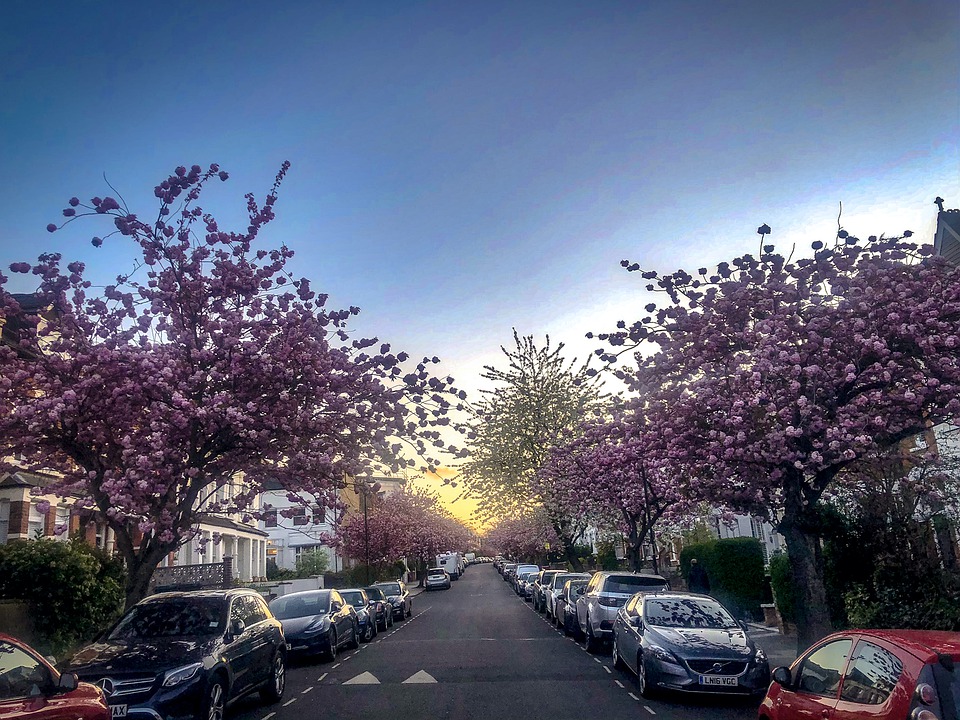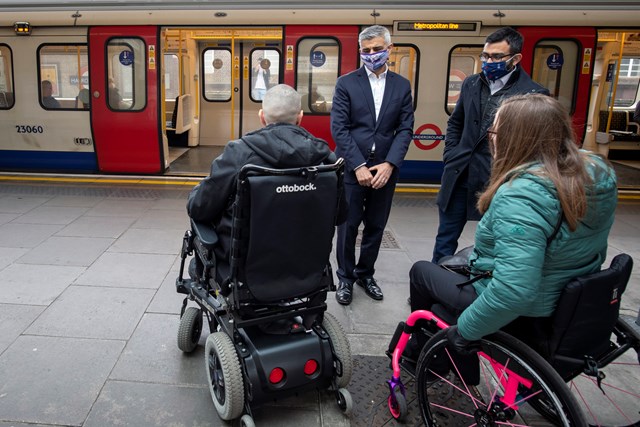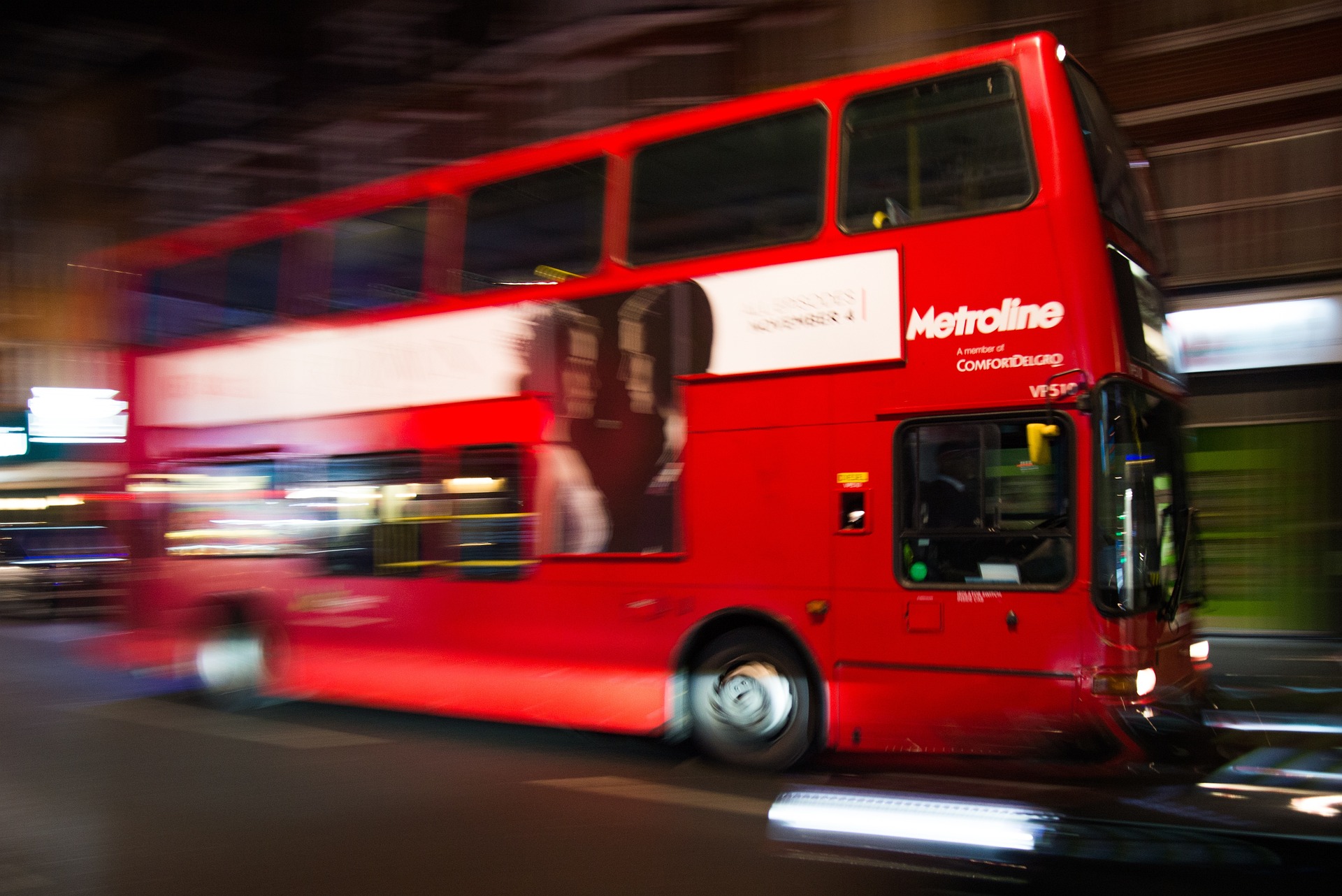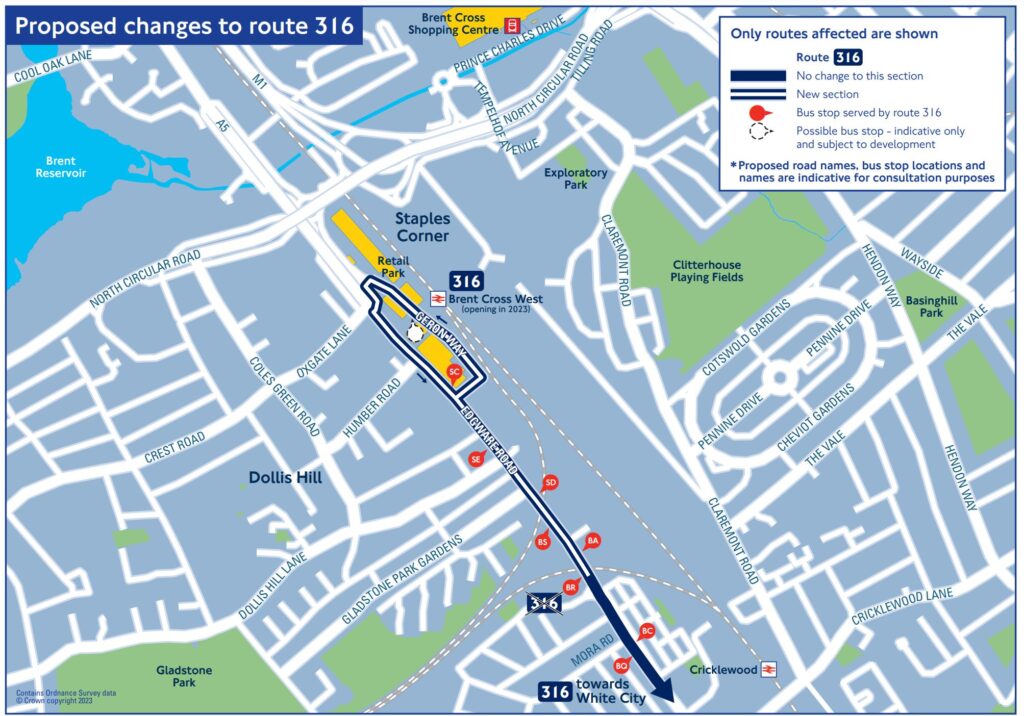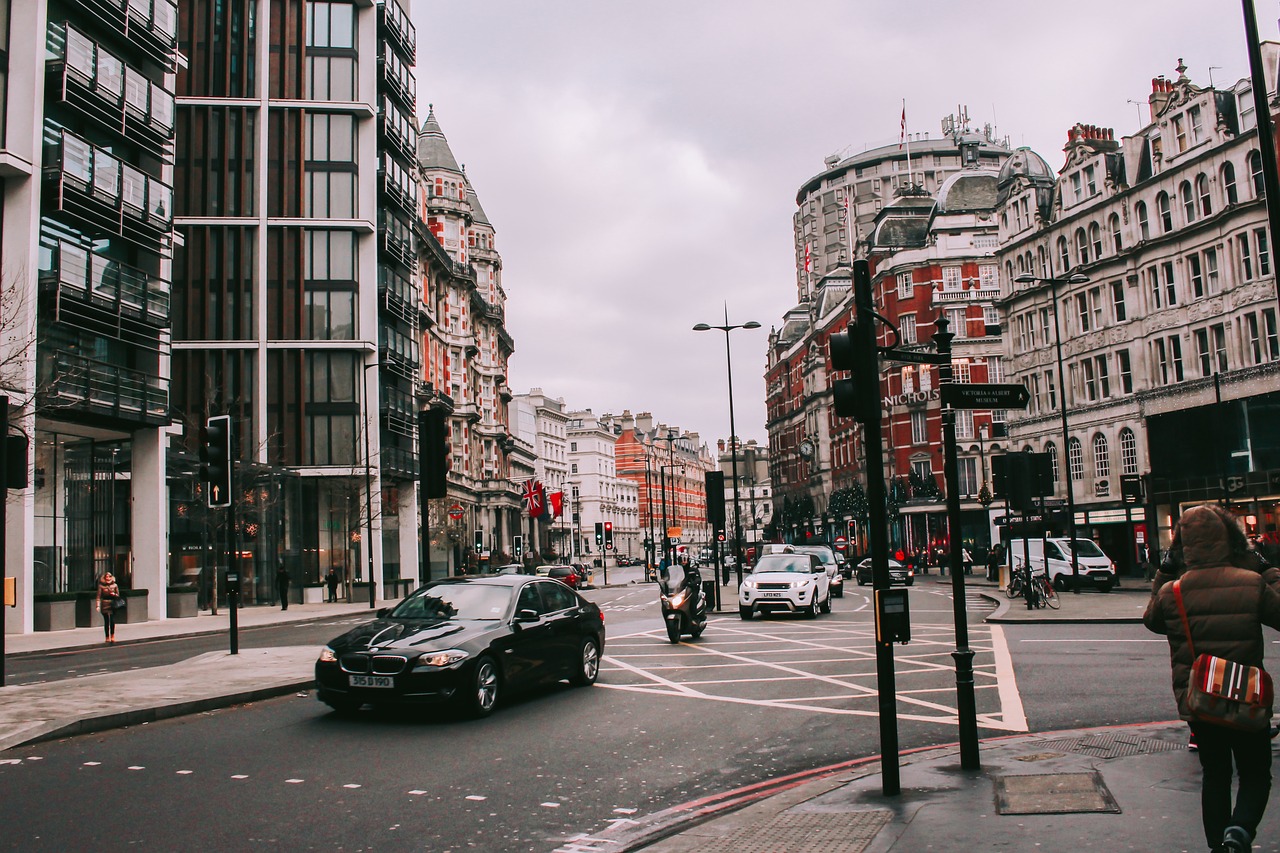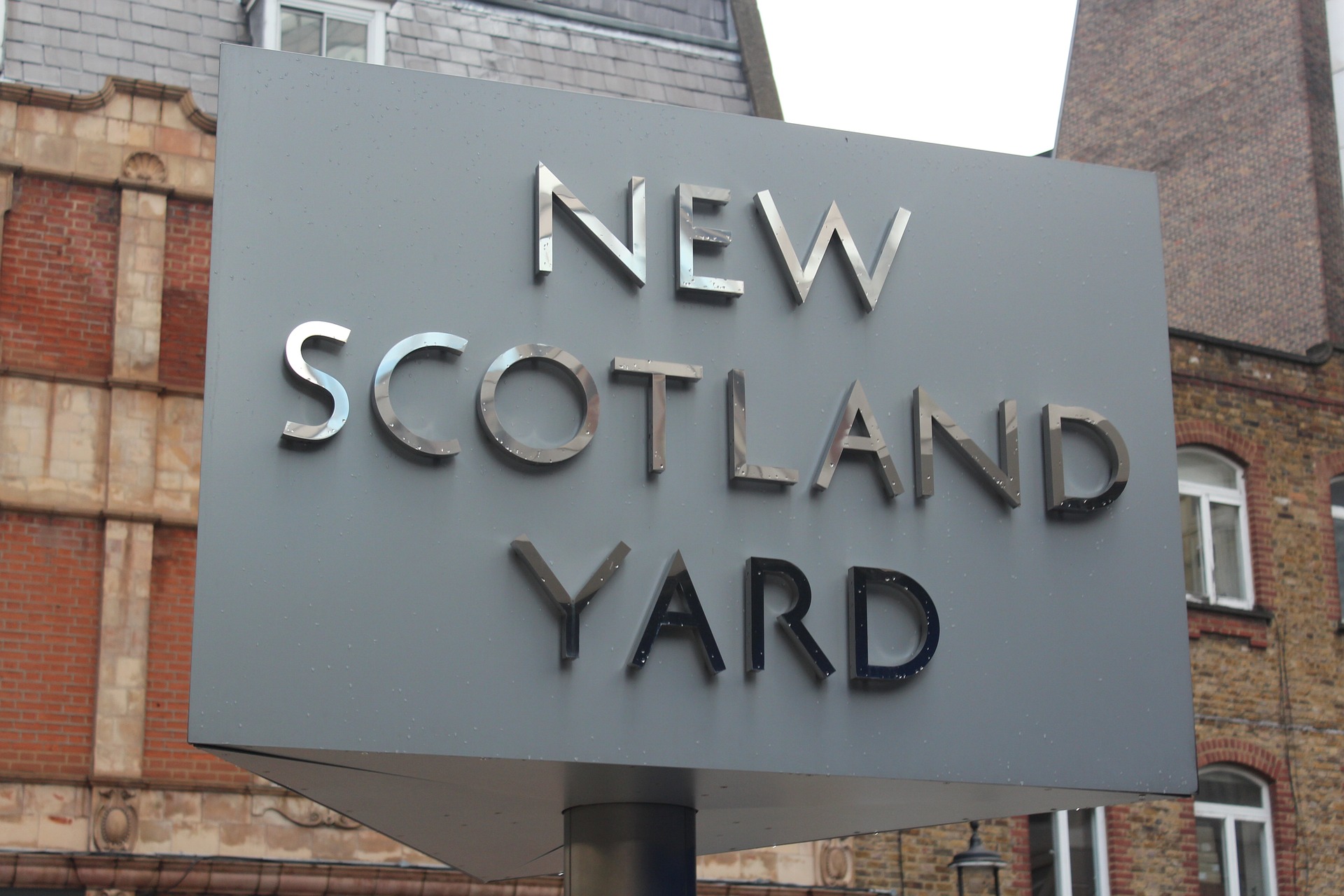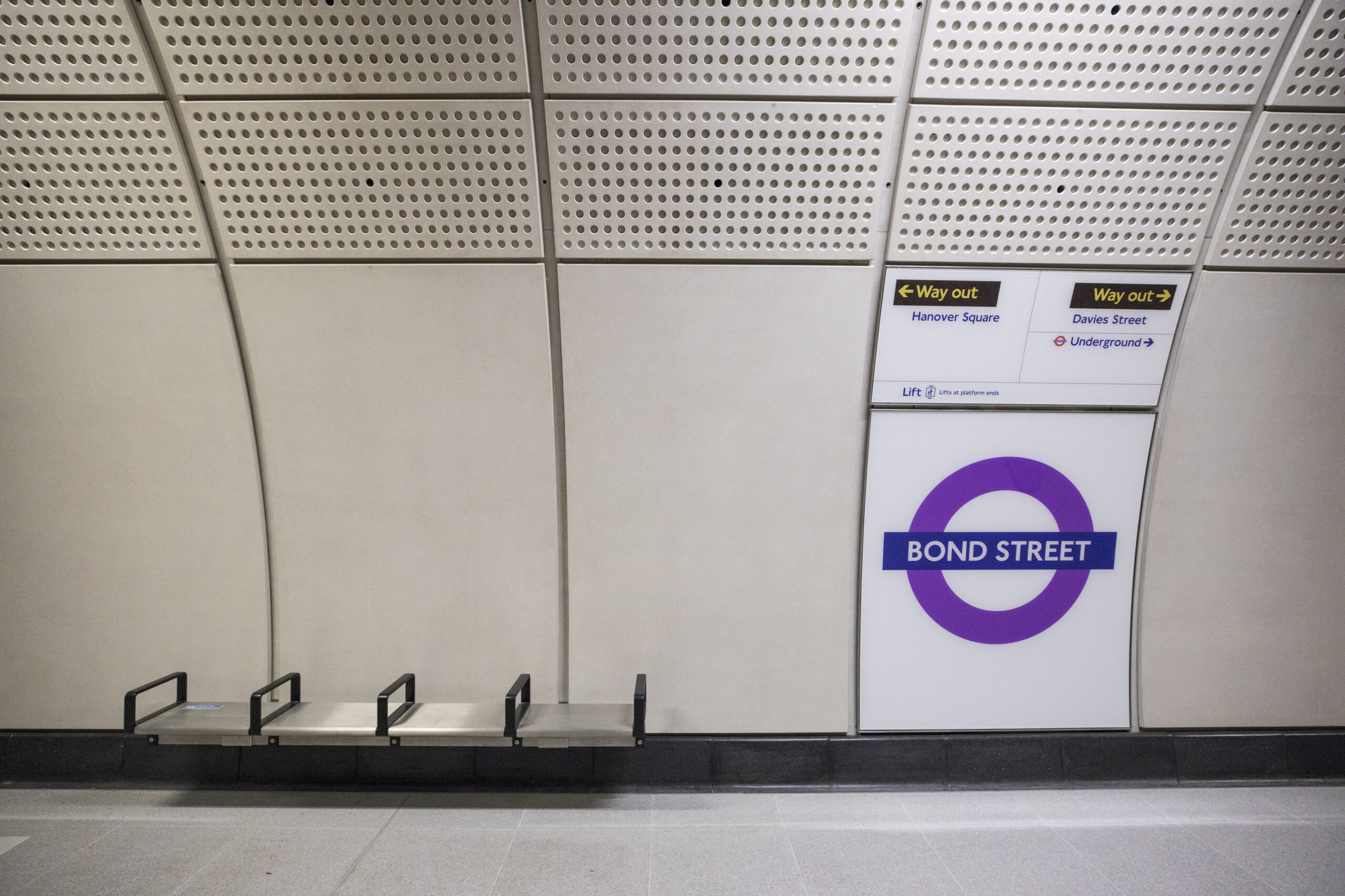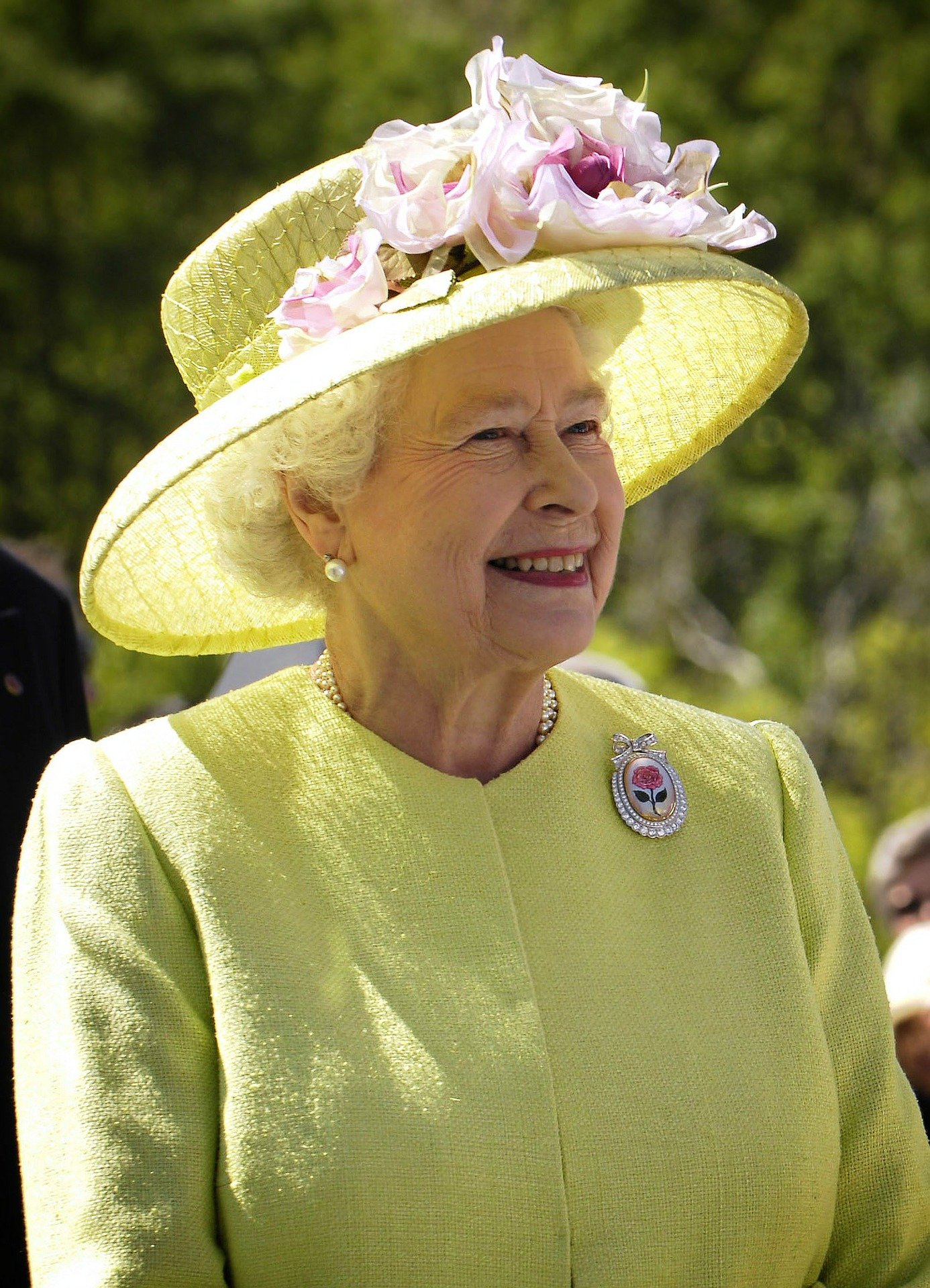Mayor of London makes call to Londoners as world-leading Friday off-peak fares trial begins: Let’s Do Fridays
- The Mayor encourages Londoners back into the city as groundbreaking three-month off-peak Fridays trial launches
- Starting today, pay as you go with contactless and Oyster fares on Tube and rail across London and parts of the Southeast will be off-peak all day on Fridays
- Restaurants, museums, landmark attractions and theatres announce exciting offers to encourage Londoners to make the most of the city’s great offering – with more expected over the coming weeks
- Trial will also benefit 60+ and Freedom Pass holders who will be able to use their passes all day on Fridays
The Mayor of London has today announced that the pioneering three-month trial of Off-peak travel on Fridays is live, as he makes the call to Londoners: “Let’s do Fridays”. From today, Tube and rail fares on pay as you go with contactless and Oyster will be off-peak all day on Fridays until the end of May.
The trial follows the announcement that the Mayor has again frozen TfL fares until March 2025, which is providing more support to Londoners struggling with the cost of living, and aiding London’s recovery from the pandemic.
London & Partners, London’s business growth and destination agency, has created a new webpage – https://www.visitlondon.com/fridays – where Londoners can see a range of exciting offers from restaurants, museums, theatres and landmark attractions available on Fridays during the trial, to encourage Londoners back into the city. More exclusive offers will be announced as the trial progresses, with different offers each Friday of the trial.
Examples of these Friday offers include:
· 20% off your bill at Gaucho restaurants on Fridays (until 31 March)
· Off-peak Friday prices to see hit musical Wicked
· Half-price tickets on Fridays for ‘‘Turn It Up’ exhibition at the Science Museum
TfL and London & Partners have also been working with local businesses across London and key stakeholders to help promote a range of activities to further encourage people to make the most of their Fridays.
Peak pay as you go fares ordinarily apply between 06:30 and 09:30 and between 16:00 and 19:00 on both TfL and National Rail services. Making pay as you go journeys on Fridays off-peak all day will make it cheaper for people to travel throughout the day. This could potentially support economic growth by encouraging more people back onto public transport and into the office, and the city, on a day that is currently quieter than other weekdays.
TfL and the Train companies have agreed to the trial, making all pay as you go journeys made using contactless and Oyster (with the exception of journeys to/from Heathrow airport via Zone 1) off-peak on Fridays. The daily cap will also be amended during the trial to cap at an off-peak rate on Friday, helping those who make multiple journeys through the day save even more. Bus and Tram fares across London will not change during the trial as they are set at a flat rate of £1.75 regardless of the time of travel.
The trial will also see 60+ London Oyster photocard and Older Persons’ Freedom Passes allowed to be used on TfL and National Rail services before 9am, helping Londoners with these passes to travel for free all day on Fridays.
To fund the trial, £24m has been allocated from the Mayor of London’s recently approved budget, which will be used to compensate TfL and rail operators for lower fares revenue during the trial and cover the costs for running it.
Off-peak Friday fares could give a much-needed boost to London’s businesses and commuters as the cost-of-living continues to bite. As an example, someone commuting in from Romford (Zone 6) into Bond Street (Zone 1) would have paid £5.60 for travelling on the Elizabeth line during peak hours. Under the trial, this fare will be reduced to £3.60 – saving £2. Someone commuting from Morden (Zone 4) to Vauxhall (Zone 2) in peak hours would have paid £2.80 for the trip. This fare will now be reduced down to £1.90 – saving 90p. On National Rail, someone commuting using pay as you go with contactless from St Albans City to London Blackfriars would pay £12.90 midweek, but will pay £9.50 on Fridays during the trial – saving £3.40. These savings will be doubled if the return journey is also made during evening peak hours.
The Mayor hopes that having off-peak fares on Fridays could help encourage more people into the city to make the most of London’s offering of bars, restaurants, live music venues and theatres.

